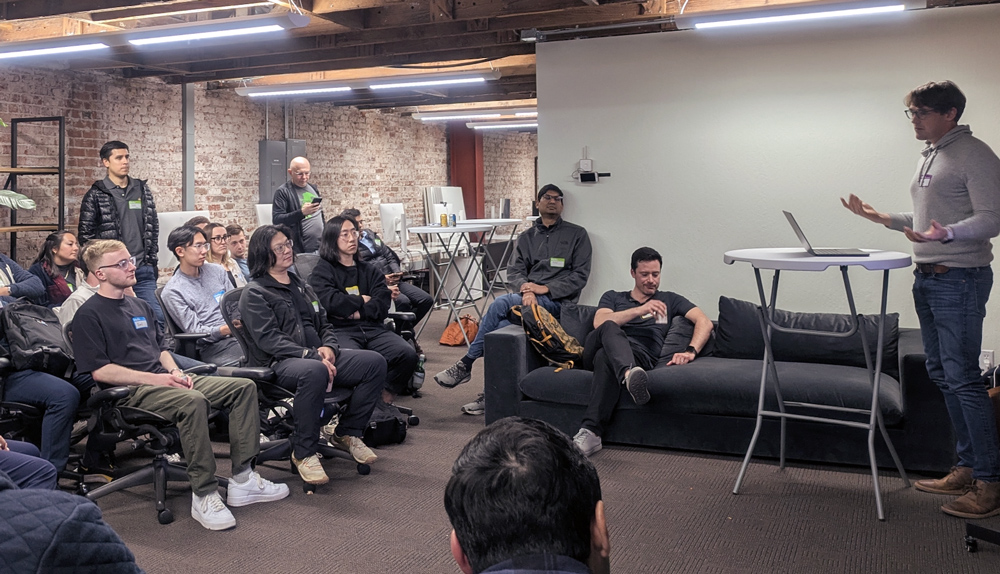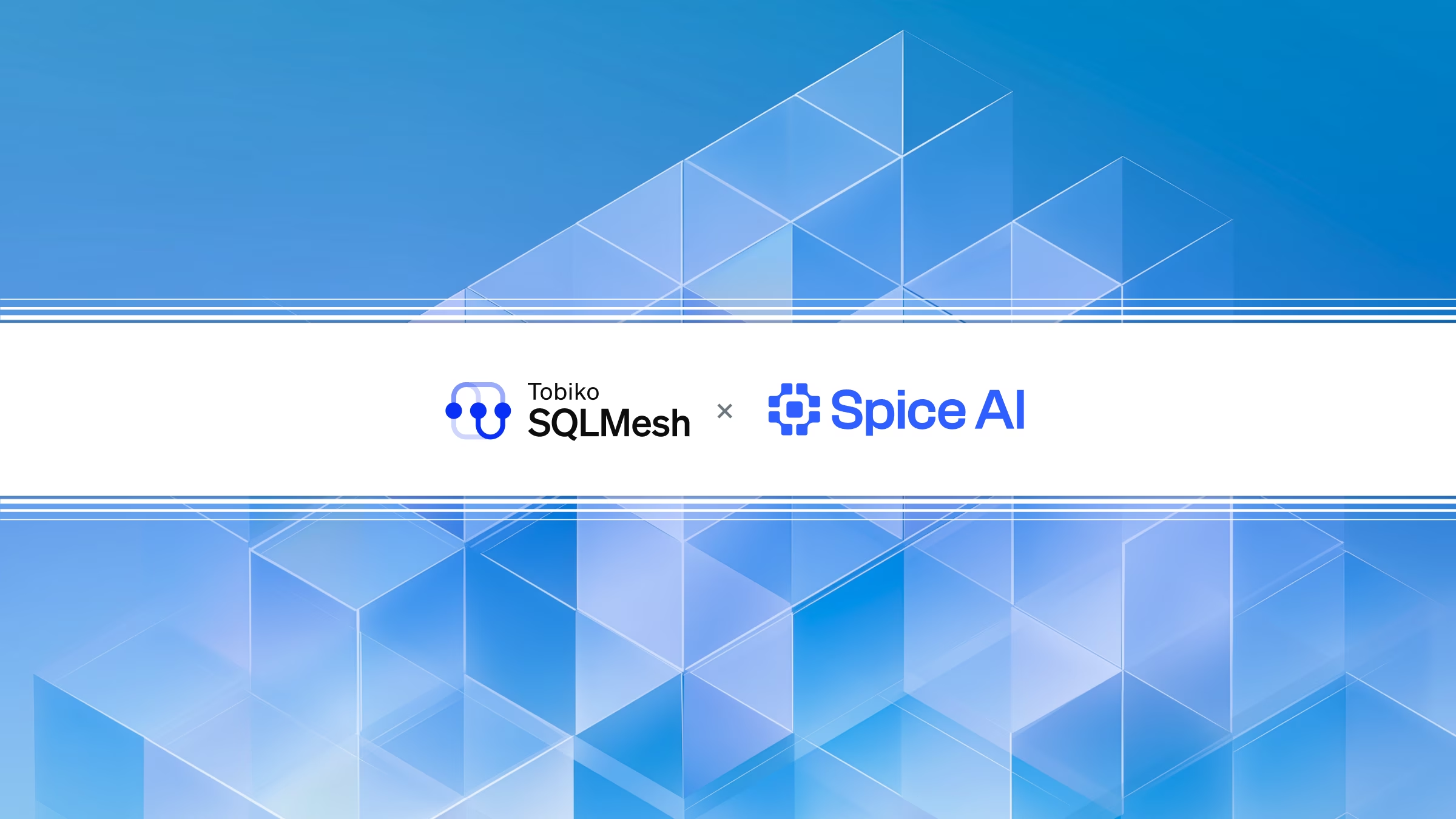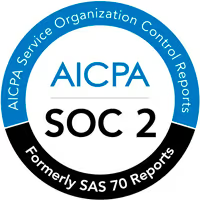


Data transformation should never be a bottleneck, yet many teams accept inefficient workflows as inevitable. Drawing from our experience with the world's largest data stacks, we've reimagined data transformation from the ground up.
Our state-aware architecture eliminates redundant processing, dramatically reducing warehouse costs and build times. Whether you're a growing startup or an enterprise, we deliver the performance and reliability your team needs to scale.
Built by data leaders from tech giants, including:




Tobiko was founded by Iaroslav Zeigerman and brothers Tyson and Toby Mao to create solutions for data engineers without the usual tradeoffs and constraints.
We believe that data teams should never have to tolerate inconvenience or compromise on correctness. That's why we reimagined the ideal data workflow for projects and problems at every scale—and built the tools to make it possible.
Community
From SQLGlot to SQLMesh, our projects are testaments to our commitment to open source.
Join our community to meet us and other data enthusiasts. Collaborate, learn, ask questions, and share the best practices in SQL, data transformation, and DataOps.

Open source Python based framework for SQL parsing, transpiling, and column-level lineage.

State-of-the-art data transformation platform with team collaboration and state-aware architecture.
















Tobiko is now part of Fivetran. Interested in joining the team? See open roles at Fivetran Careers.










.png)


